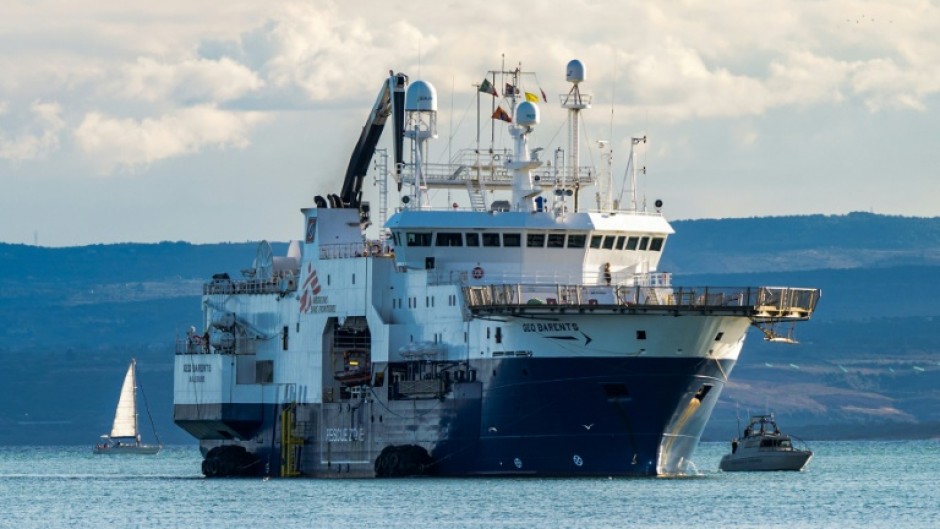ROME - Doctors Without Borders (MSF) said Friday it was stopping its migrant search and rescue operation in the Mediterranean as the hard-right Italian government's policies have made it "impossible" to continue.
"We have ceased operations on board our search and rescue vessel, Geo Barents, which had been operational since June 2021," the international NGO said in a statement.
"Italian laws and policies have made it impossible to continue with the current operational model."
Prime Minister Giorgia Meloni, head of the post-fascist Brothers of Italy party, won 2022 national elections promising to stop the tens of thousands of migrants who land on Italy's shores each year.
The government has targeted not-for-profit rescue organisations saving people attempting the perilous crossing from North Africa, despite admitting that the NGO boats pick up only a small minority of arrivals.
Rome has characterised the charity rescue ships as a "pull factor" that encourage migrant departures, something migration observers say is unproven.
It has passed a law requiring ships to return to a designated port -- often far away -- after each rescue, detaining and fining ships that do not comply.
The NGOs say this is contrary to maritime law which requires them to come to the aid of any boat in distress, and have successfully challenged it in Italian courts.
MSF said the Geo Barents has been held in port by Italian authorities for 160 days in the past two years to "punish the vessel for merely fulfilling the humanitarian and legal duty to save lives at sea".
Since the law was brought in at the start of 2023, the Geo Barents "has spent half a year navigating to and back from distant ports", MSF said.
In one such case in June 2023, the ship, which can fit up to 600 people on board, was ordered to sail more than 1,000 kilometres (622 miles) to a port in northern Italy to disembark 13 survivors, it said.
"After careful consideration, we have come to the conclusion that it is untenable to operate the Geo Barents under such absurd and senseless Italian laws and policies," said Juan Matias Gil, MSF search and rescue representative.
But MSF said it would "evaluate the best operational model for this challenging environment, with a promise to return to search and rescue activities".
It was committed to helping those on the move, "especially those taking the dangerous journey across the Central Mediterranean Sea, a route where over 31,000 people have died or gone missing since 2014".

